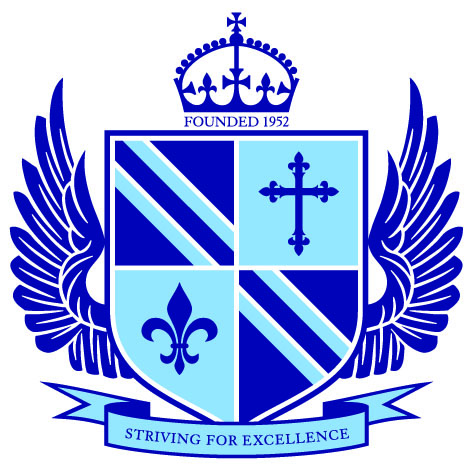Computer Science and Creative iMedia
The subject is offered as two options at Key Stage 4 – GCSE Computer Science and Creative iMedia. The GCSE Computer Science course focuses on computational thinking, data, computers, networks, and issues and impact of computing in the world today. As well as analysing and solving problems by designing, writing, testing, and refining programs. The Creative iMedia course will develop knowledge, understanding and practical skills that would be used in the media industry.
GCSE Computer ScienceThere’s more to Computer Science than simply programming. Computer Science is the study of how computer systems work, how they are constructed and programmed. A good understanding of Maths is needed to help you on this course. This course is studied for 3 hours per week. It consists of a body of knowledge, a set of techniques/methods for solving problems, as well as practical programming skills. What this means is that a course in Computer Science has to cover a lot of theory teaching, as well as plenty of practical problem-solving and programming. If you want to know what happens inside a computer and the programming that helps it run, then this is the course you should choose. COURSE INFORMATION: Edexcel GCSE (9-1) Computer Science (601/8058/4) ASSESSMENT STRUCTUREThe course is assessed by two exams, worth 50% of the overall grade each. The first exam is a written paper focusing on Topics 1-5 (see below) and the second paper is completed online and will cover Topic 6: Programming using python. The subject content is divided into six topics:
You can opt to take both GCSE Computer Science and Creative iMedia if you wish. |
Cambridge National Creative iMediaYou may be interested in this if you want an engaging qualification where you will use your learning in practical, real-life situations, such as:
This will help you to develop independence and confidence in using skills that would be relevant to the media industry. The qualification will also help you to develop learning and skills that can be used in other life and work situations, such as:
SPECIFICATION LINK: J834 COURSE INFORMATION: Cambridge National in Creative iMedia (603/7090/7) ASSESSMENT STRUCTUREThe course consists of three units, two of them are based on coursework and the third is a written exam, which is completed in the summer of Year 11. By taking this option, you will be taking a Level 2 VCF course (not a BTEC) from OCR. You will gain grades equivalent to GCSE grades 9 - 1 on successful completion of the course. The units covered are: R093: Creative iMedia in the media industryThis is assessed by taking a 1 hour and 30-minute written exam and is worth 40% of the overall grade. In this unit you will learn about the media industry, digital media products, how they are planned, and the media codes which are used to convey meaning, create impact and engage audiences. Topics include:
R094: Visual identity and digital graphicsThis is assessed by completing a set assignment and is worth 25% of the overall grade. In this unit, you will learn how to develop visual identities for clients and use the concepts of graphic design to create original digital graphics to engage target audiences. Topics include:
R097: Interactive digital mediaThis is assessed by completing a set assignment and is worth 35% of the overall grade. In this unit, you will learn how to plan, create and review interactive digital media products. Topics include:
|
